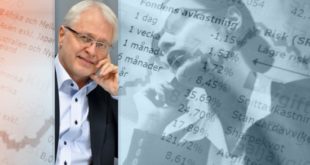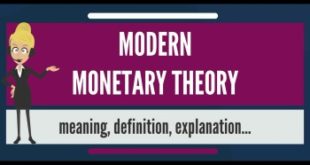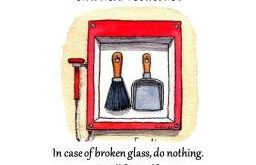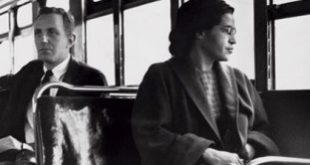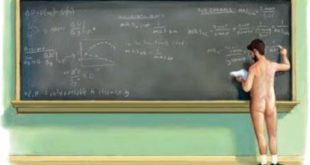.[embedded content]
Read More »Eurofanatiker försöker köra över folket igen
Eurofanatiker försöker köra över folket igen Efter att ha misslyckats med att få in Sverige i euron på demokratisk väg försöker nu marknadsliberaler andra metoder. ”Jag ser inget behov av en ny folkomröstning om euron” säger Liberalernas ordförande Johan Pehrson … Syftet med demokrati är inte att folket alltid vet bäst. Det är att eliter alltid lider av grupptänk och hybris, och att någonting behövs för att hejda dem när de drar i väg med sina galna idéer....
Read More »Spekulationsbubblor
Spekulationsbubblor får konsekvenser för hela samhället. Men hur skapas de? Priserna på finansmarknaden sätts efter en annan logik än varor i vår vardag, säger professor Lars Pålsson Syll. Man köper tillgångar, inte för att använda dem, utan för att sälja dem vidare. Tulpanmanin i Holland på 1600-talet är den först kända spekulationsbubblan. Då drabbades bara de som handlade med lökar. Men i dagens globaliserade värld påverkas många fler när marknaden kraschar. Här kan du...
Read More »So’n Klugscheißer
.[embedded content]
Read More »‘These brothers and sisters of mine’
‘These brothers and sisters of mine’ It is now more than six months since the armed conflict between Israel and Hamas-led terrorist groups started. Six months of unimaginable suffering in the indiscriminate war currently being fought in Gaza where families have been torn apart, homes destroyed, and thousands of innocent people have died. This one is for you — all you innocent sons and daughters struggling to survive in war or forced to flee your homes...
Read More »Förklädd Gud
I dessa tider — när ljudrummet dränks i den kommersiella radions pubertalflams — har man nästan gett upp. Men det finns ljus i mörkret. I programmet Text och musik med Eric Schüldt — som sänds på söndagsförmiddagarna i P2 — kan man lyssna på seriös musik och en programledare som verkligen har något att säga och inte bara låter foderluckan glappa. Att få höra någon med intelligens och känsla tala om saker som vi alla går och bär på djupt inom oss — men nästan aldrig vågar prata...
Read More »MMT — coming to an economy near you!
MMT — coming to an economy near you! Överskottsmålet är ett hål i huvudet. Riksbanken kommer inte att nå sitt inflationsmål. Euron är dysfunktionell och eurokrisen kommer tillbaka vid nästa recession. Se där tre bra utgångspunkter för den som vill förstå hur ekonomin kommer att utvecklas det närmaste året. Låter det både stolligt, alarmistiskt och populistiskt? Möjligt, men det finns en röd tråd i dessa utsagor. De bygger på de insikter som vuxit fram i det...
Read More »Chicago economics — out of touch with the real world
Chicago economics — out of touch with the real world Tom Sargent is a bit out of touch with the real world up there in his office … Certain people have a capacity for ignoring facts which are patenty obvious, but are counter to their view of the world; so they just ignore them … Sargent is a sort of tinkerer, playing an intellectual game. He looks at a puzzle to see if he can solve it in a particular way, exercising these fancy techniques. Alan Blinder Do...
Read More »What we do in life echoes in eternity
What we do in life echoes in eternity In science, courage is to follow the motto of enlightenment and Kant’s dictum — Sapere Aude! To use your own understanding, having the courage to think for yourself and question ‘received opinion,’ authority or orthodoxy. In our daily lives, courage is a capability to confront fear, as when in front of the powerful and mighty, not to step back, but stand up for one’s rights not to be humiliated or abused. As when Rosa...
Read More »Nationalekonomi — mer fiktion än vetenskap
Nationalekonomi — mer fiktion än vetenskap Den värld vi lever i är i grunden osäker och kvantifierbara sannolikheter är undantaget snarare än regeln. Om ”Gud inte spelar tärning” som Einstein hävdade, skulle jag tillägga ”inte heller människor.” Världen som vi känner den kan endast i begränsad omfattning förstås utifrån antaganden om säker och fullkomlig kunskap. Dess inneboende och nästan obegränsade komplexitet och ’organiska’ samband förhindrar...
Read More » Lars P. Syll
Lars P. Syll


